Should you transfer Windows 7 from one computer to another?
3 min. read
Updated on
Read our disclosure page to find out how can you help Windows Report sustain the editorial team. Read more

If you plan on using Windows 7 for a longer period of time, but the hardware you currently have has malfunction or is simply dated, then you are probably wondering whether you can move your Windows installation from one PC to another.
The short answer would be yes, but the truth of the matter is that it is a bit complicated.
How do I move Windows 7 from one computer to another?
1. Move Windows 7 to a different motherboard
The simplest method one can think of when moving a WIndows install from one PC to another would be to simply put the motherboard of the old PC into the new one.
Additionally, you could just transfer the WIndows install from one motherboard to another. In theory, this should pretty much do it, but there are a number of complications linked to this method.
First of all, your Windows 7 install is calibrated to the drivers of your old PC. Because of this, when you move it into another PC (most likely one with a whole different set of specs), you may get error,s or even BSODs when trying to boot.
2. Use Sysprep
This tool is designed for large organizations and PC manufacturers, and it prepares an installation of Windows for duplication, auditing, and customer delivery.
Unfortunately, this isn’t available for the general public, and it can only be used with fresh installs anyway.
Issues with transferring Windows from one PC to another
Besides the hardware issues mentioned above, there is also the matter of activating your Windows install once moved to a new PC. First of all, it all depends on the type of license that you have.
1. If you have a retail license
You can move it to another computer as long as it’s only installed on one computer at a time.
This is because activating it on the second computer will automatically deactivate the license for the first computer. The key will work with both 32 and 64 bit, but only one can be installed at a time.
2. If you have an OEM license
OEM licenses are tied to the first computer they are installed on and can not be transferred to a different computer.
However, one workaround would be to move the motherboard into a computer that has the exact same hardware components. This way you can still use the OEM license without any of the driver issues mentioned above.
Conclusion
Given how many complications there are with transferring an entire Windows install to another computer, you might as well go for a clean install.
However, if personal data is your main concern, you can always simply make a backup of all of your files, and then transfer them to a new computer.
Did you find this article useful? Let us know in the comments section below.
RELATED ARTICLES YOU SHOULD CHECK OUT:

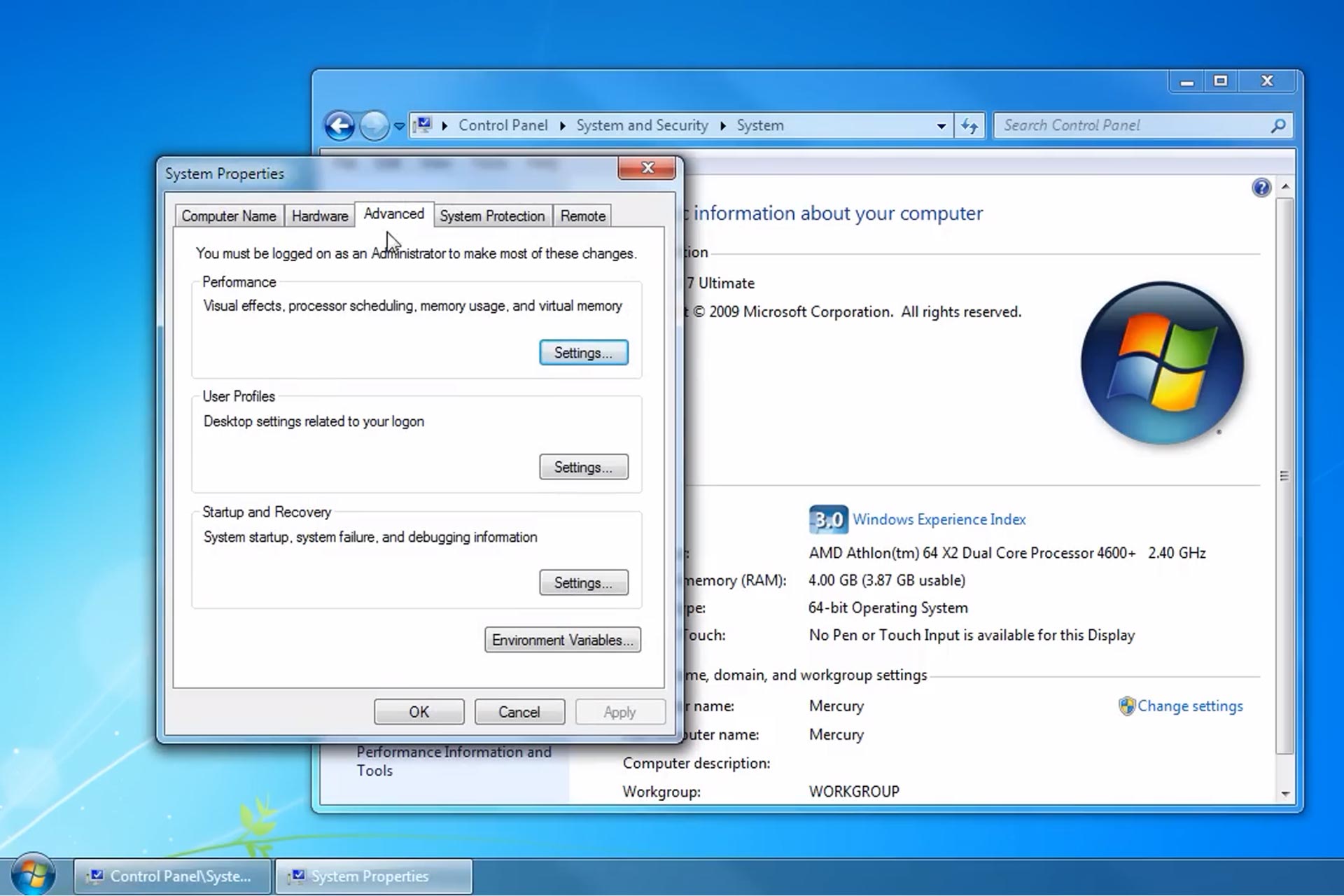
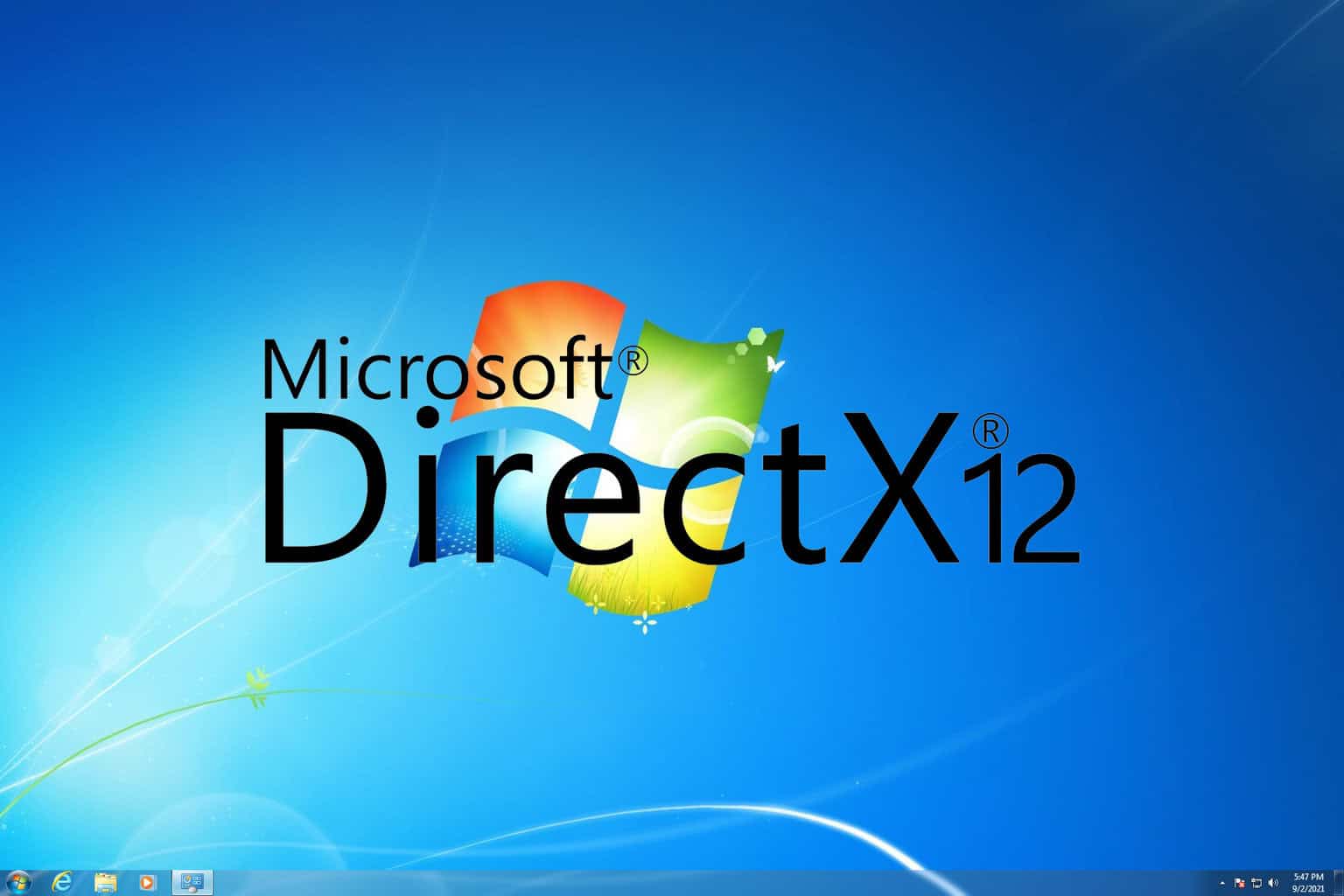
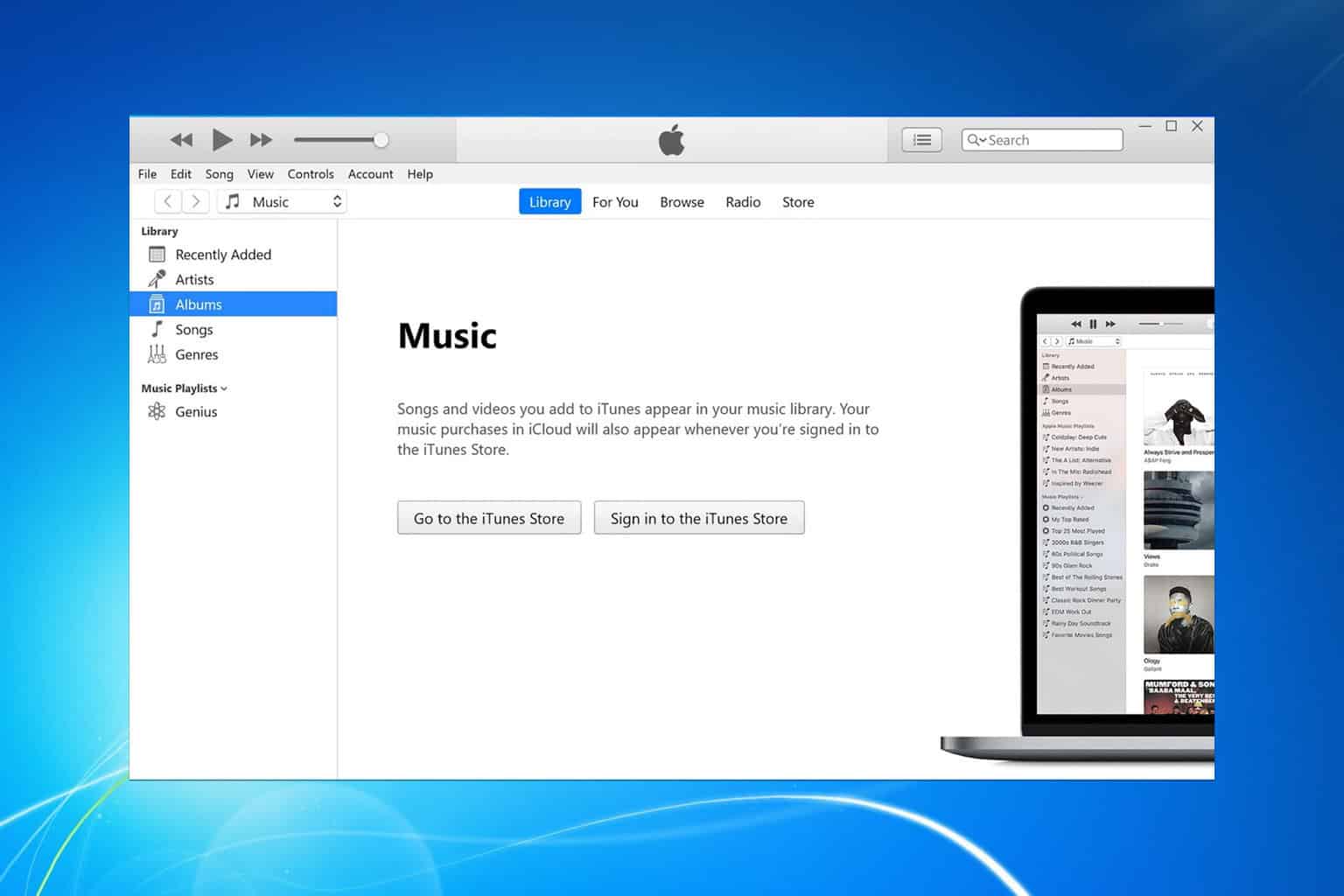
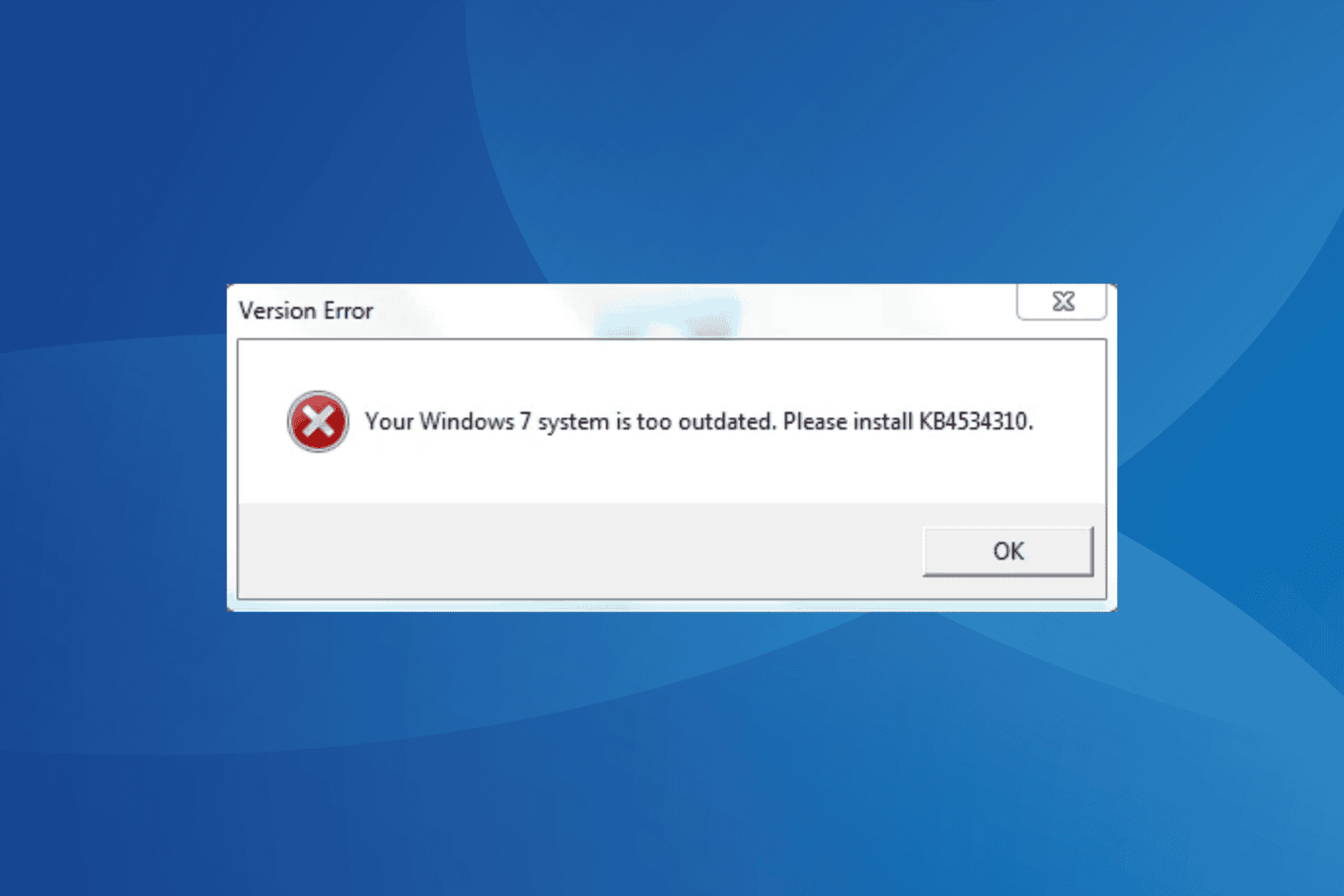
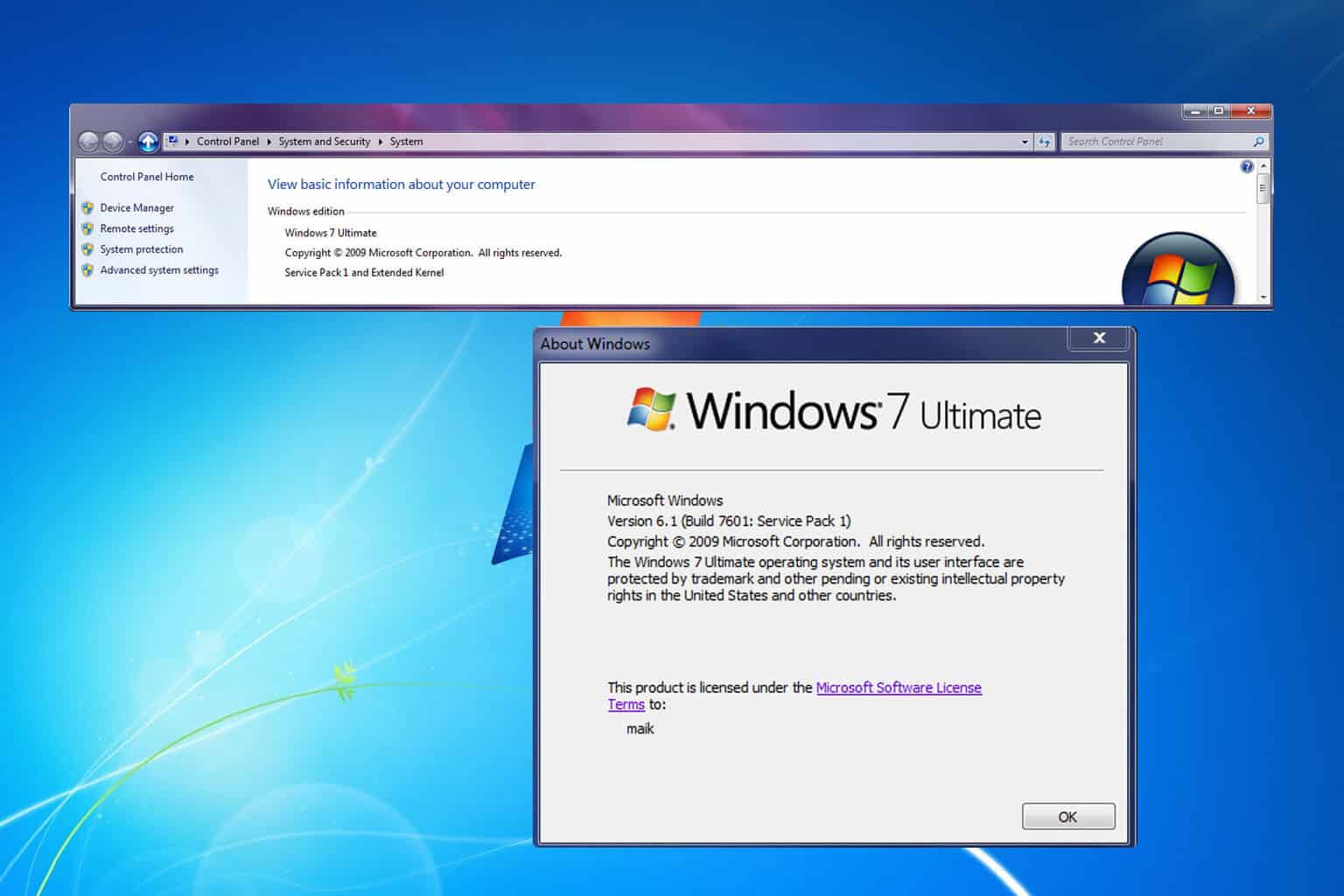
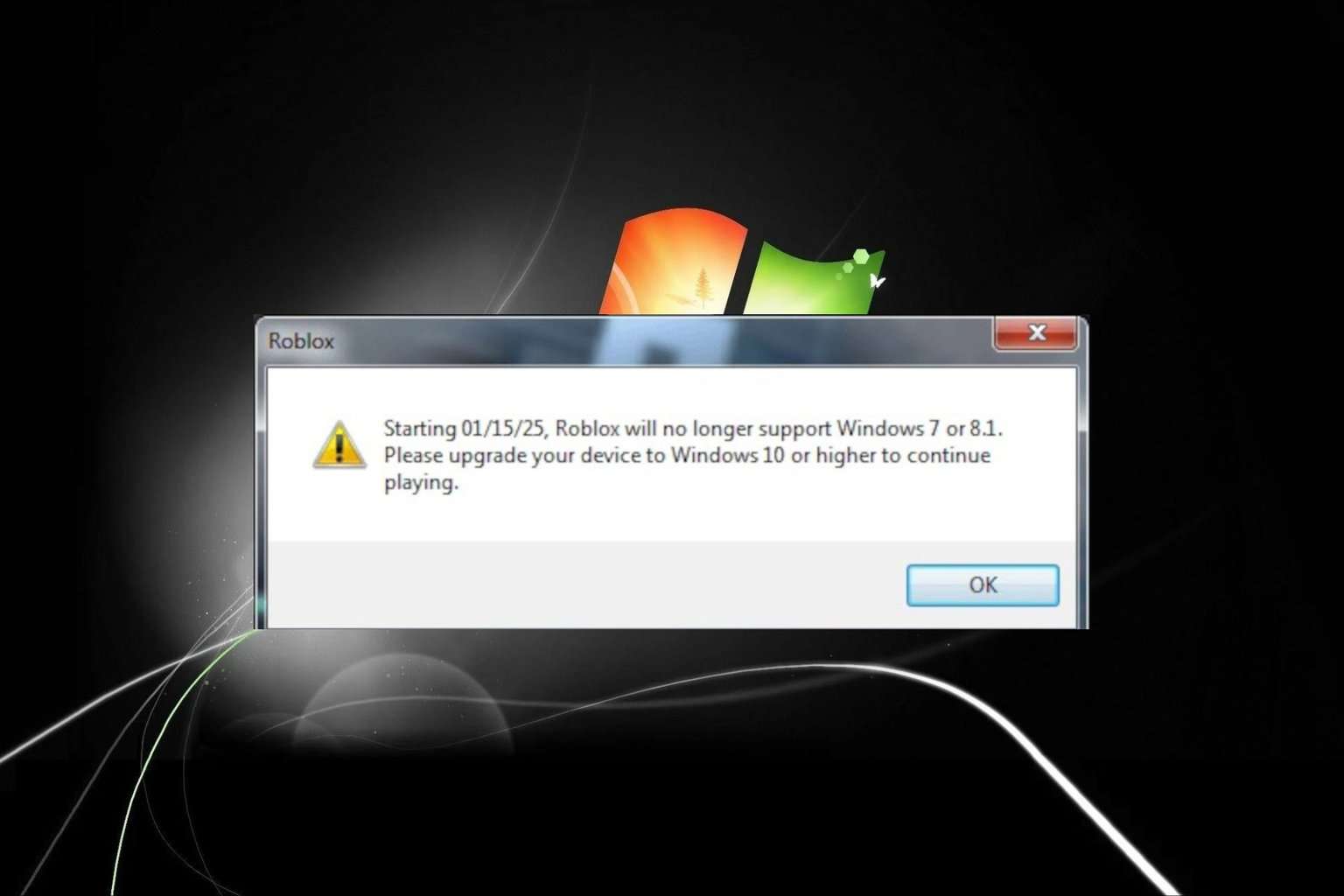
User forum
0 messages